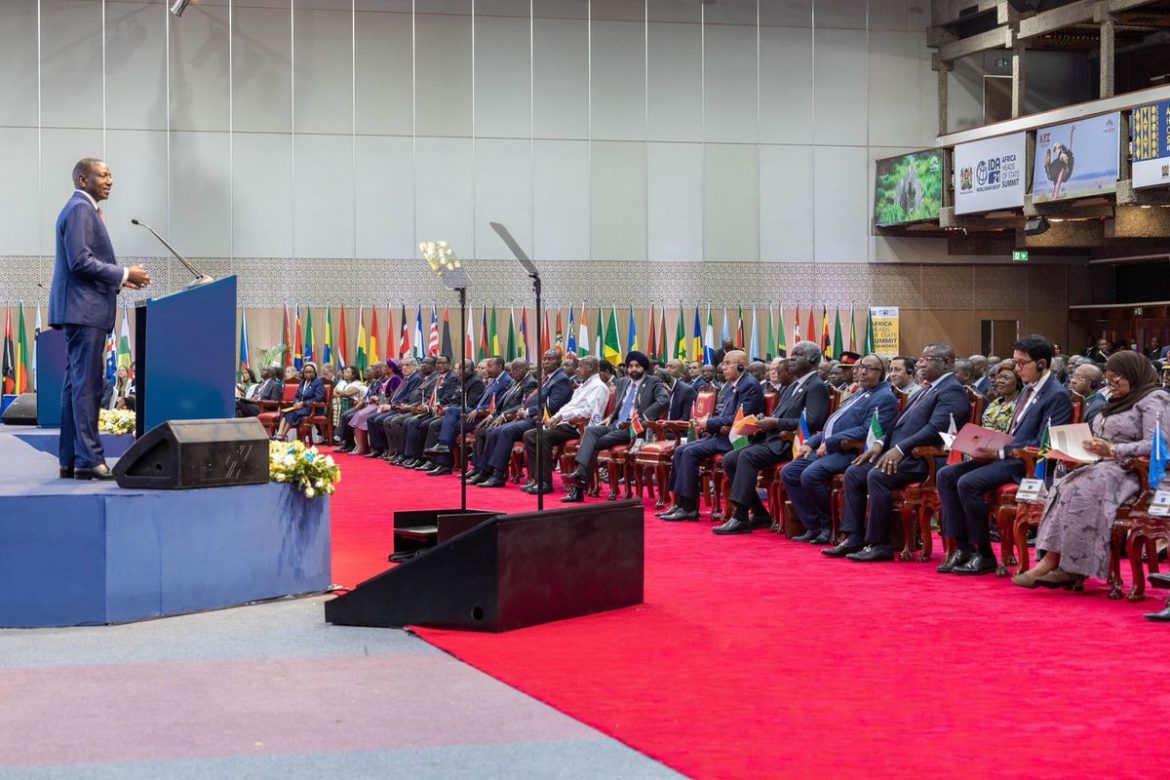African leaders have called on rich countries to commit record contributions to a low-interest World Bank facility for developing nations that they rely on to help fund their development and combat climate change.
At a conference to be held in Japan in December, donors will make their cash pledges to the International Development Association (IDA), a World Bank institution that offers loans with low interest rates and long tenures.
“We call on our partners to meet us at this historic moment of solidarity and respond effectively by increasing their IDA contributions… to at least $120 billion,” Kenya’s President William Ruto told a meeting of African leaders and the World Bank to discuss IDA funding.
Ruto was quoted as saying that African economies were facing a “deepening development and debt crisis that threatens our economic stability, and urgent climate emergencies that demand immediate and collective action for our planet’s survival.
He cited Kenya’s own devastating floods and a severe drought affecting Southern African nations such as Malawi.
If the donors pledge the minimum amount suggested by African leaders, it will be a new high after the last round of fundraising in 2021, which raked in $93 billion.
Read also: NSW to announce life extension of Australia’s largest coal-fired power station
IDA lending operates on a three-year cycle, which is usually preceded by donors making their contributions at a global meeting. IDA offers low interest rates loans to 75 developing nations around the world, the World Bank said, with more than half of them in Africa.
The funding is used by governments to boost access to energy and healthcare, invest in farming and also build critical infrastructure such as roads.
Ajay Banga, the president of the World Bank, promised to cut down “burdensome” rules that govern lending to nations under the IDA, to make it more efficient and to deliver funds to borrower nations faster.
“We believe a simpler and reimagined IDA can be deployed with more focus to make meaningful impact,” he said.
Story was adapted from Reuters.
